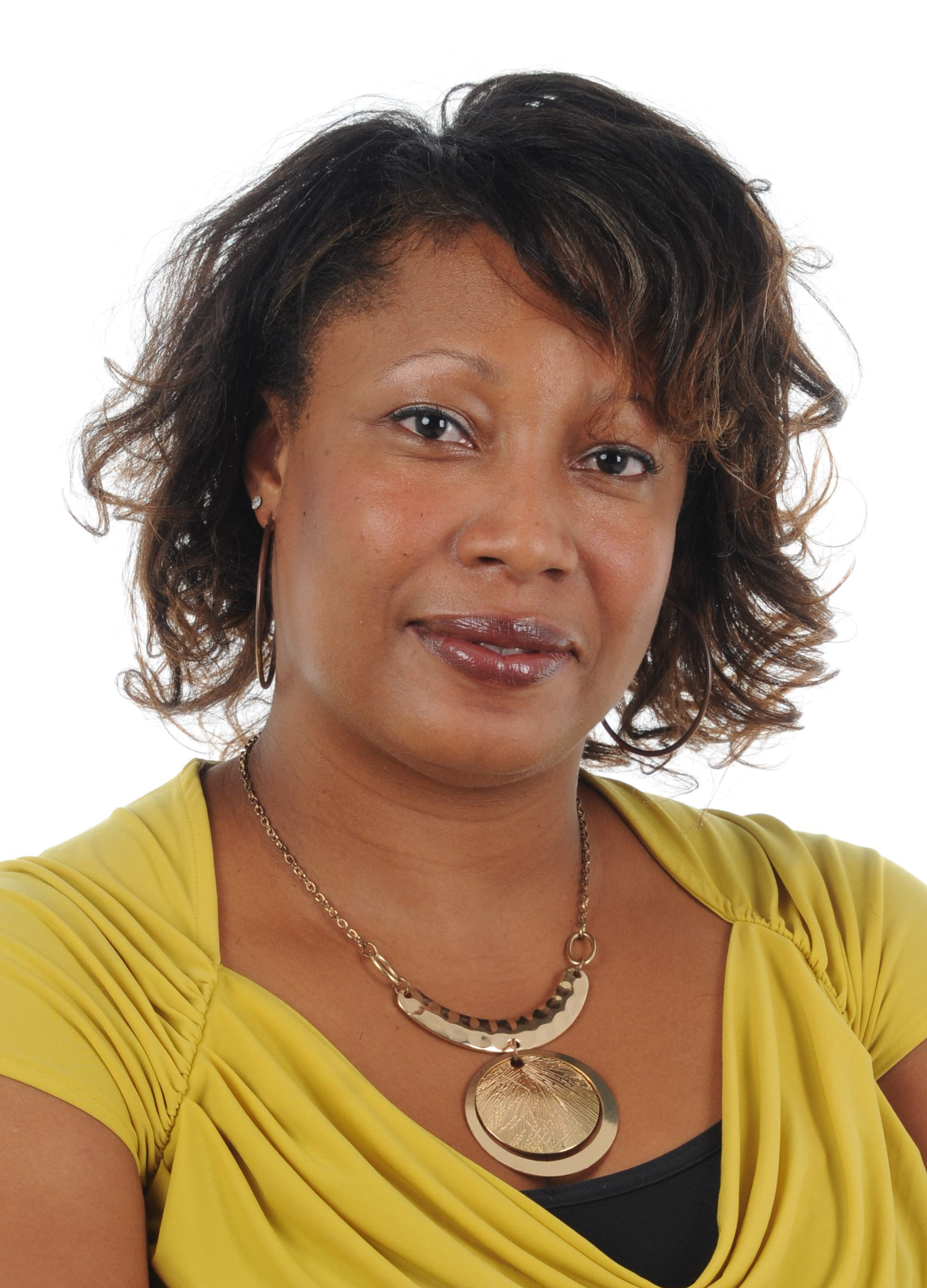Upton: Light for the darkness
Thursday, December 5, 2013
Lights are twinkling in my fireplace, across its mantel and atop my kitchen cabinets. Lights are blinking outside on houses, in store windows and dazzling the streets. These stunning orbs of radiance signal that the holidays are here.
Light is essential to almost all celebrations during this season. Not big, bright lights that overwhelm the senses but lights that shine in the middle of the dark. Lights during the winter solstice remind us that in the middle of the season's dim coldness, light and life will come again.
Christmas is celebrated to remind us that the Light of the World has penetrated our spiritual blindness and revealed holy truth to us. The Advent season that leads up to the actual holiday encourages the lighting of candles and a specific meditation each day.
Kwanzaa, the African-American holiday beginning the day after Christmas, also has to do with lights, which reveal core values in East African language.
Hanukkah lights remind the Jews of the supply of oil, only enough for a day, that miraculously lasted eight days. The lighting of the menorah is done as an aid to reflecting on the victory they had hundreds of years ago to regain control over and to rededicate the temple, reinstitute their religious traditions and to overcome the powers that had been.
Light shines in darkness this season, but the holidays remain dark to many people. Some have lost loved ones and miss them terribly. Others' homes or treasured possessions have been ripped from them through natural disaster, economic tidal waves or relational war.
A friend and I watched the incredibly well-written and performed holiday movie musical "Black Nativity" over Thanksgiving weekend. After singing and dancing in the theater along with the on-screen cast, we reflected on its powerfully redemptive themes over dinner afterward. Aren't we all like these characters, we asked ourselves. Caught up in our own pain until someone reveals a new side to our often bitter and dismal stories, offering us a chance to be free.
The light shines in darkness, bringing hope, then joy.
Light has many definitions: illumination or brightness, to ignite something, to be playful and entertaining, cheerful, easy, soft and even elegant. Oh to be light, to see light, to have light shining in our heaviness, our despair and our dealings with death.
This is the hope of the holidays, and we might miss it if we don't take the time to pause and reflect. I was invited to a Hanukkah celebration at a Messianic Jewish congregation on Saturday. There, the rested colors of blue and white greeted my eyes upon entering, the menorah candlestick faced the congregation and drew my attention, the pageantry of the Torah scroll helped me understand the need for reverence and awe. The women dancing around the congregation brought joy to me, the singing throughout calmed, the power of spontaneous prayers at the close moved my soul.
What joy of togetherness, of remembering, of connecting to the past and understanding how it links to the now. When we transcend our circumstances, our seeming dead-ends and last chances through the rituals of remembering, we reclaim the prizes that give meaning and beauty to life.
We look back at our broken pathways, and we see something different. This helps us move forward again, to see a new life ahead. And this is imperative to living in joy. We have heard that joy has nothing to do with what has happened but everything to do with the spin we put on what happened. In order to have joy, we must find the others also seeking it, link with them, receive and give love to each other, remember together, celebrate together and stay in the Light together.
Tabi Upton, MA-lpc, is a therapist, writer and speaker. Email her at tabiupton@bellsouth.net.

